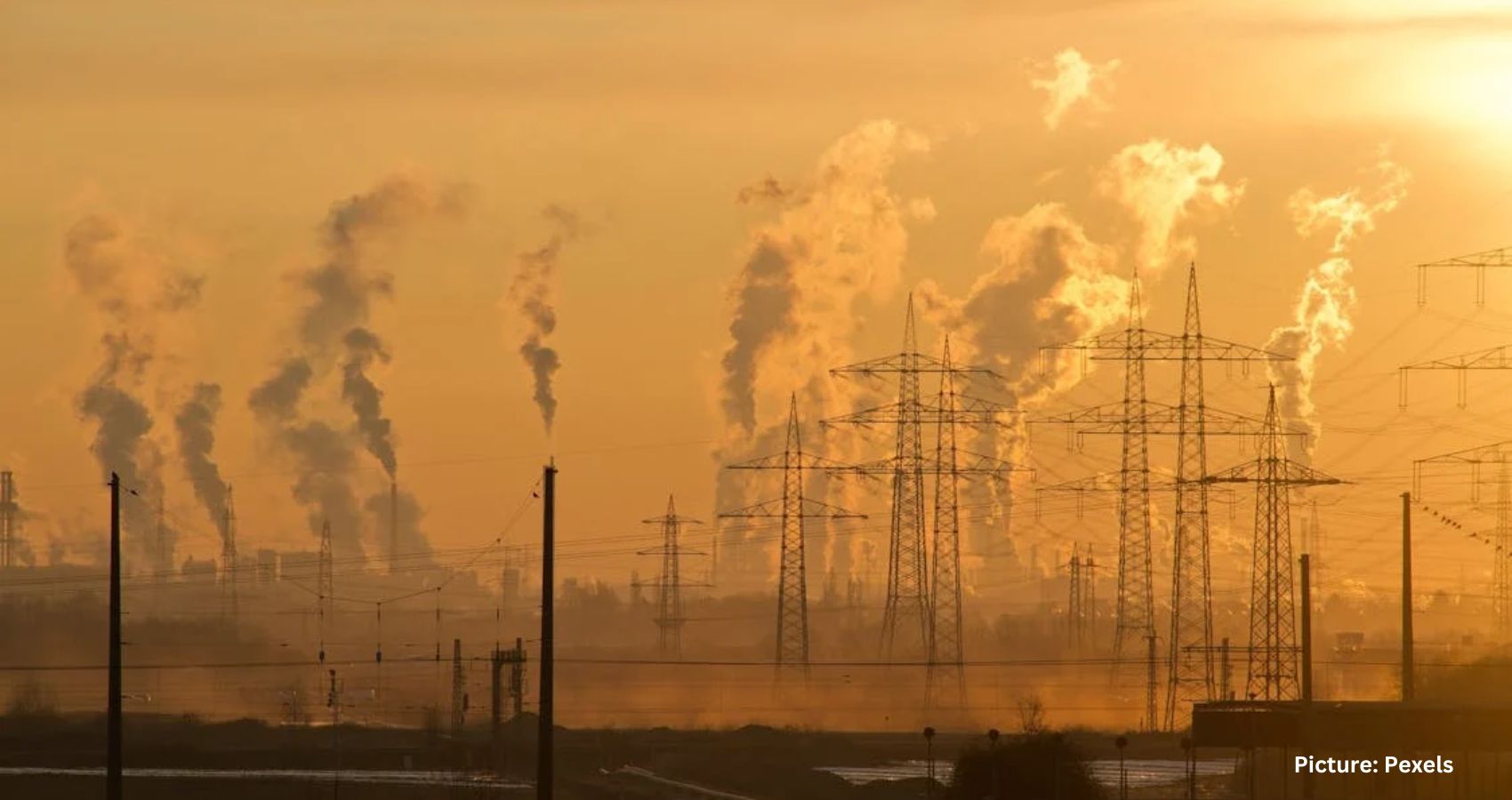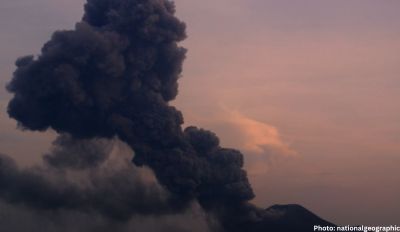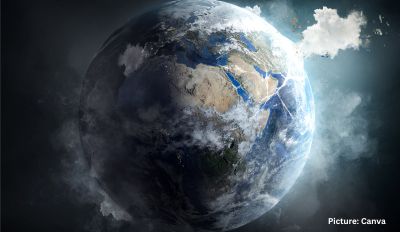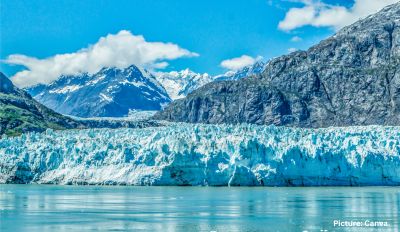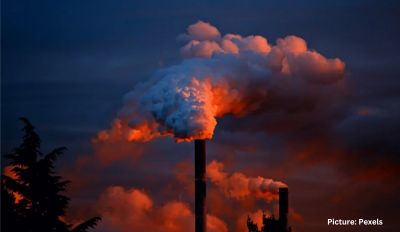Global temperatures continue to break records month after month, prompting concerns from scientists and climate policymakers about surpassing the warming target established during the historic Paris 2015 climate talks.
The Copernicus agency of the European Union recently announced that May had been the hottest on record, marking the 12th consecutive month of record highs. Similarly, the World Meteorological Organization has projected a nearly 50% chance that average global temperatures between 2024 and 2028 will exceed the desired warming limit of 1.5 degrees Celsius agreed upon in the Paris accords.
Moreover, a group of 57 scientists reported in the journal Earth System Science Data that the Earth warmed at a slightly faster rate in 2023 compared to 2022.
Climate scientists, however, are not surprised by these developments, as they align with their long-standing predictions based on the accumulation of carbon dioxide resulting from increased fossil fuel usage. In 2023, atmospheric levels of heat-trapping gases, particularly carbon dioxide, reached historic highs, according to the U.S. National Oceanic and Atmospheric Administration (NOAA), with the third-highest increase in 65 years of recordkeeping.
The repercussions of these shattered records translate into heightened human suffering. Climate change induced by human activity has led to erratic weather patterns, more frequent and unpredictable storms, and prolonged heatwaves. For instance, an intense heatwave in Asia this spring led to school closures in the Philippines, fatalities in Thailand, and record temperatures in several countries including Indonesia, Malaysia, the Maldives, and Myanmar. In India, weeks of scorching heatwaves last month resulted in school closures and loss of life.
While exceeding the 1.5-degree Celsius threshold may not spell immediate catastrophe, scientists warn of worsening conditions. Previous United Nations assessments indicate that significant ecological changes are more likely to occur between 1.5 and 2 degrees Celsius of warming, including the eventual disappearance of coral reefs, Arctic sea ice, and certain plant and animal species. Additionally, extreme weather events are expected to intensify, resulting in more casualties and infrastructure damage.
Jennifer Francis, a scientist at the Woodwell Climate Research Center in Massachusetts, emphasized that reaching the Paris threshold does not signify a sudden surge in the impacts already being observed.
Addressing these challenges requires a concerted effort to phase out fossil fuel usage, according to climate scientists. The combustion of fossil fuels—such as oil, gas, and coal—remains the primary driver of human-induced global warming. Francis stressed the need for greenhouse gas concentrations to stabilize to prevent further temperature records from being broken and to mitigate the frequency and intensity of extreme weather events.
While renewable energy sources have seen significant growth, there is a pressing need for accelerated expansion. Efforts to improve efficiency are underway across various sectors, including household heating, cooking methods, and cement production. However, scientists emphasize the urgency of adapting to these changes.

